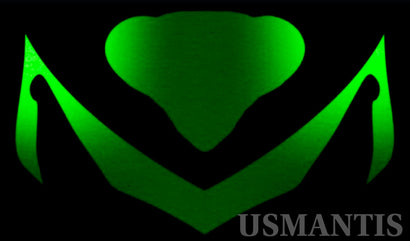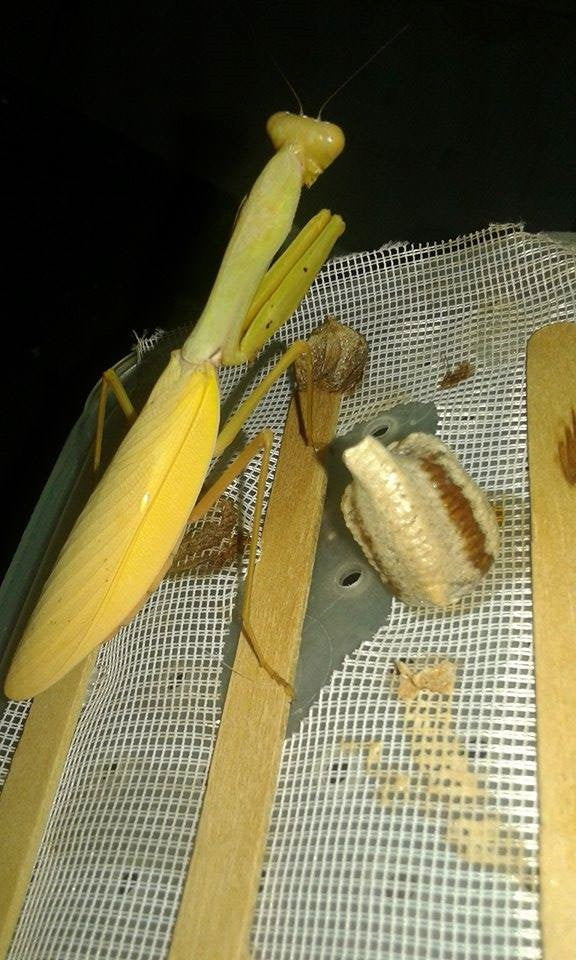Sold out
Hierodula sp golden praying mantis H. venosa
$35.00 - $200.00
Hierodula sp golden H. Golden
GENERAL INFORMATIONBig! Beautiful Friendly
Scientific name: Hierodula venosa
Common name: Giant rainforest
Max. size: Female ~10 cm, male ~9 cm
These are large, beautiful, and great pets!
Temperature: Day 22 - 25 °C, night room temperature
Relative humidity: Day 60 - 70 %, night 70 - 90 %
Recommended min. size of terrarium WxDxH:30 x 30 x 40 cm
Aggressivity against each other: High
Level of difficulty: Easy
BIOLOGY
Moults until fully grown:Female ~9 (adult in L10), male ~8 (adult in L9)
Sexually mature after the last molt: Female ~5 weeks, male ~3 weeks
Duration of development inside the ootheca:6 - 8 weeks
Hatching rate:150 - 200 Nymphs possible
MORE
Feeding
L1/L2: Small fruit fly Drosophila melanogaster and Big fruit fly Drosophila hydei
L3: Greenbottle fly Lucilia sp. and Big fruit fly Drosophila hydei
L4/L5: Greenbottle fly Lucilia sp.
L6: Greenbottle fly Lucilia sp. and Bluebottle fly Calliphora sp.
L7 - adult: Bluebottle flies Calliphora sp.
Adult females especially love big food like Grasshoppers or Cockroaches.

